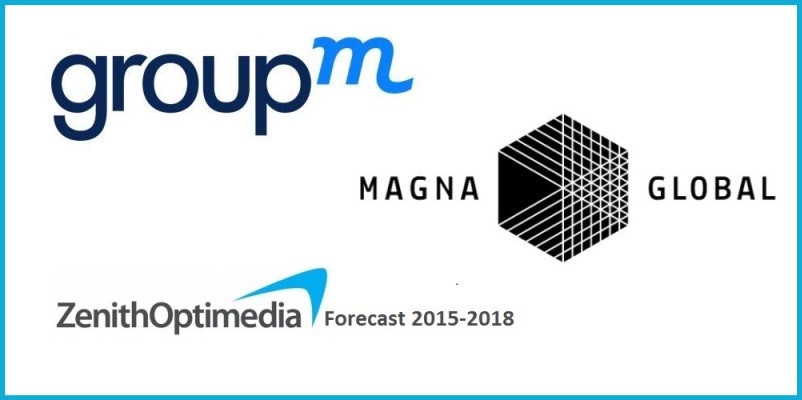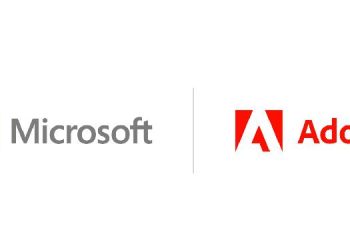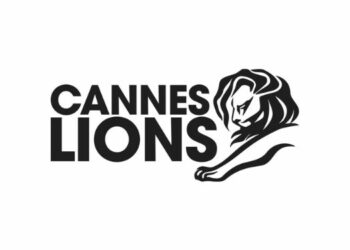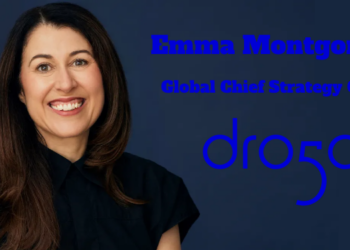Magna Global, ZenithOptimedia and GroupM have released their projections for the global ad market, which is being propelled by digital spending.
ZenithOptimedia reports that television is currently the dominant advertising medium, with a 38 percent share of total ad spend in 2015. In 2018, however, it expects the internet to overtake television to become the largest single advertising medium. Looking at the ad market as a whole, ZenithOptimedia reports that television’s share peaked at 39.7 percent in 2012, estimate it at 37.7 percent in 2015, and expect it to fall back to 34.8 percent by 2018.
According to ZenithOptimedia, ad-spend growth is slowing down in three out of the four BRIC markets that were responsible for much of last decade’s ad-market expansion. Between 2005 and 2010, ad spend grew at an average rate of 10.7 percent a year in Brazil, 10.3 percent in Russia and 16.9 percent in China. Brazil and Russia are now in recession, and China is slowing down, and between 2015 and 2018 it expects annual growth to slow to 3.5 percent in Brazil, 5.3 percent in Russia and 7.5 percent in China. Russia and China will continue to beat the global ad-spend growth rate, however. India, Indonesia and the Philippines are the only three markets in which ad spend is growing at double-digit annual rates, according to the firm, which predicts that this will expand by at least $1 billion between 2015 and 2018.
WPP’s GroupM forecasts ad investment growth of 3.4 percent ($17 billion incremental) in 2015 and 4.5 percent in 2016 ($22 billion incremental). These are slight downgrades from the firm’s predictions at midyear for 2015 and 2016, which were 4 percent and 4.8 percent, respectively.
“The outlook remains tough,” said GroupM’s Futures Director, Adam Smith. “Marketers’ constrained pricing power in a deflationary world, a macro trend, prompts ongoing focus on cost control versus investment, and this colors our outlook. Continued strength across the majority of the BRIC and Next 11 countries, notably mainland China, is a highlight of the forecast, but the Eurozone is still struggling to find traction. While our outlook is overall positive, we recognize the downside risks of financial pressures in faster growth markets and the changing profile of China’s external demand.”
In terms of investments across media types, the shift of advertiser investment to digital is noted as the biggest trend. GroupM maintains its midyear forecast and anticipates digital growth of 14 percent in 2016, commanding 31 percent of global ad budgets. This is a deceleration from the 17 percent growth predicted for 2015.
Dominic Proctor, global president of GroupM, said: “TV’s share is rising in almost as many countries as it is falling and contributors to the forecast identified three themes of untapped potential: relaxing regulation, improving the quantity and quality of VOD ad inventory, and format innovation. But every medium is in the midst of transformation; some to accelerate growth, others to decelerate share losses; and GroupM, as ever, plays a central role with the voice of the advertising customer to help shape the market to the advantage of our clients.”
Magna Global is predicting that global ad sales will grow 4.6 percent in 2016 to $526 billion, noting though that if special events like the U.S. political elections and Olympics are “neutralized” for 2014, 2015 and 2016, then growth would be 4.1 percent in 2015 and 3.7 percent in 2016. The firm forecasts that global digital revenues will reach 38 percent market share by the end of 2017, surpassing TV (37 percent) to become the number one media category. That will occur in the U.S. a year earlier, in 2016.

















